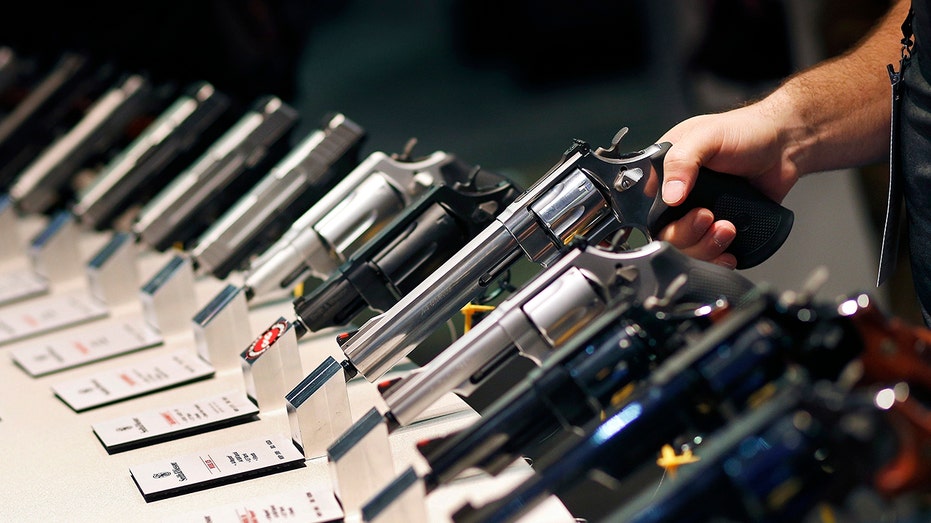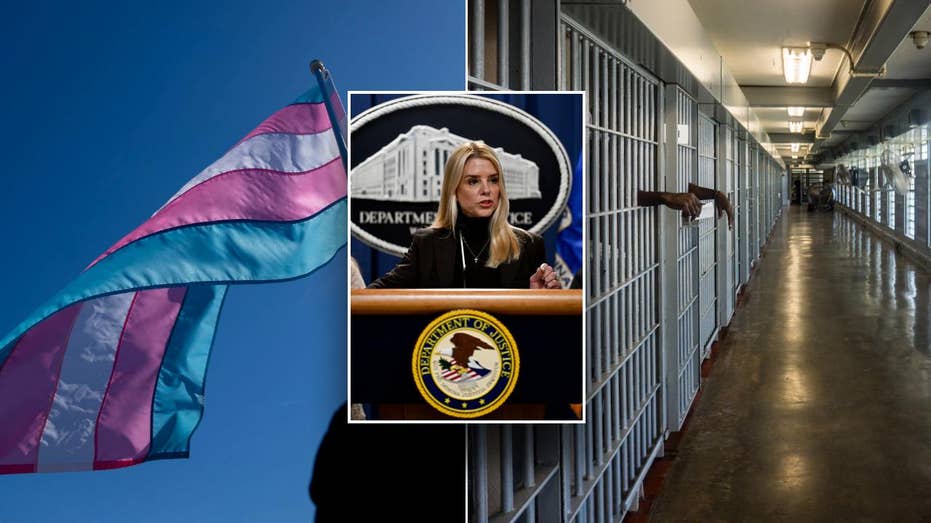A cohort of 27 top Republican prosecutors have filed an amicus brief at the Supreme Court, asking it to take up a case brought by the Mexican government that seeks to hold American gun manufacturers responsible for gun violence at the hands of the cartels.
On Tuesday, Montana Attorney General Austin Knudsen, along with GOP colleagues, asked the court to hear the case to stop “a foreign sovereign’s use of American courts to effectively limit the rights of American citizens.”
The case stems from a lawsuit filed in 2021 by the Mexican government, alleging U.S. gun manufacturers like Smith & Wesson, Ruger and others should be liable for gun violence carried out by cartels south of the border because the companies were aware their firearms were being trafficked into the country.
Mexico’s lawsuit was dismissed by a federal judge in Massachusetts last year, but Mexico successfully appealed its case to the U.S. Court of Appeals for the First Circuit, with the support of California and other Democrat-led states.
MEXICAN CARTELS USE US BORDER TO ARM THEMSELVES WITH ‘MILITARY-GRADE’ WEAPONS: DOCS
Knudsen, in his petition to the high court, says “anti-gun activists” are behind the lawsuit.
“Congress has long taken a measured and carefully calibrated approach to firearms regulation. It sought to balance the public’s Second Amendment rights with the need to keep guns away from criminals. Anti-gun activists wanted more,” the petition explains.
“So they turned to the judiciary. Their admitted goal: to circumvent the political branches by turning the courts into regulators via creative legal theories and tenuous chains of causation. Even better, they knew they didn’t have to win. The mere threat of a bankrupting judgment was sufficient and – if it wasn’t – enough rolls of the dice would eventually land them the outlier victory they sought,” it says.
The petition explains that Congress recognized the public’s right to keep and bear arms “was all-but-meaningless if firearms manufacturers were put out of business, and further recognized the importance of the firearms industry to the military and law enforcement.” Thus, the AGs argue, the Protection of Lawful Commerce in Arms Act (PLCAA) was enacted in 2005.
The bipartisan PLCAA prohibits “civil liability actions from being brought or continued against manufacturers, distributors, dealers, or importers of firearms or ammunition for damages, injunctive or other relief resulting from the misuse of their products by others.”
‘MOST RUTHLESS’ MEXICAN CARTELS OPERATE IN ALL 50 STATES, BRING TURF WARS TO US: DEA
“You might think that would be the end of it,” the AGs wrote. “But the activists are at it again, trying to cram the same creative legal theories with even more tenuous chains of causation into PLCAA’s narrow exceptions, admittedly attempting to achieve through litigation what Congress rejected. Here, the activists even had Mexico sue American gun manufacturers for crime problems resulting from Mexico’s policy choices.”
Mexico has said the companies are “fully aware that their firearms were being trafficked into the country and that the companies – not a third party – knowingly violated laws applicable to the sale or marketing of firearms.”
Mexico has also said that more than 500,000 guns are trafficked annually from the U.S. into Mexico, of which more than 68% are made by the eight companies it sued and that the smuggling has contributed to high rates of gun-related deaths, declining investment and economic activity, and a need for Mexico to spend more on law enforcement and public safety.
But the AGs said the Mexican government’s own policies like “hugs not bullets” and failure to crack down on cartels and even the cartels’ infiltration of the country’s government contributes to its high crime.
CALIFORNIA, BLUE STATES SIDE WITH MEXICO IN LAWSUIT BLAMING GUN MAKERS FOR VIOLENCE
“Mexico’s proximate causation theory contains a glaring defect. Mexico is a sovereign nation. It controls its own borders. Mexico could simply close – indeed, militarize – its border with the United States if it chose to do so. Doubtless the closure would be painful, and Mexico has chosen to do otherwise. Indeed, Mexico has flung its border open and sought to extort billions of dollars from the United States to even attempt to manage the resulting chaos,” the AGs wrote.
“Mexico should not be permitted to exert de facto control over the rights of American citizens to alleviate the consequences of its own policy choices,” they concluded.
The states of Montana, Alabama, Alaska, Arkansas, Florida, Georgia, Idaho, Indiana, Iowa, Kansas, Kentucky, Louisiana, Mississippi, Missouri, Nebraska, New Hampshire, North Dakota, Oklahoma, South Carolina, South Dakota, Tennessee, Texas, Utah, Virginia, West Virginia, Wyoming and Arizona submitted this amicus brief.
If the Supreme Court decides to hear the case, oral arguments could be scheduled this fall.
Reuters contributed to this report.
Latest Political News on Fox News Read More




